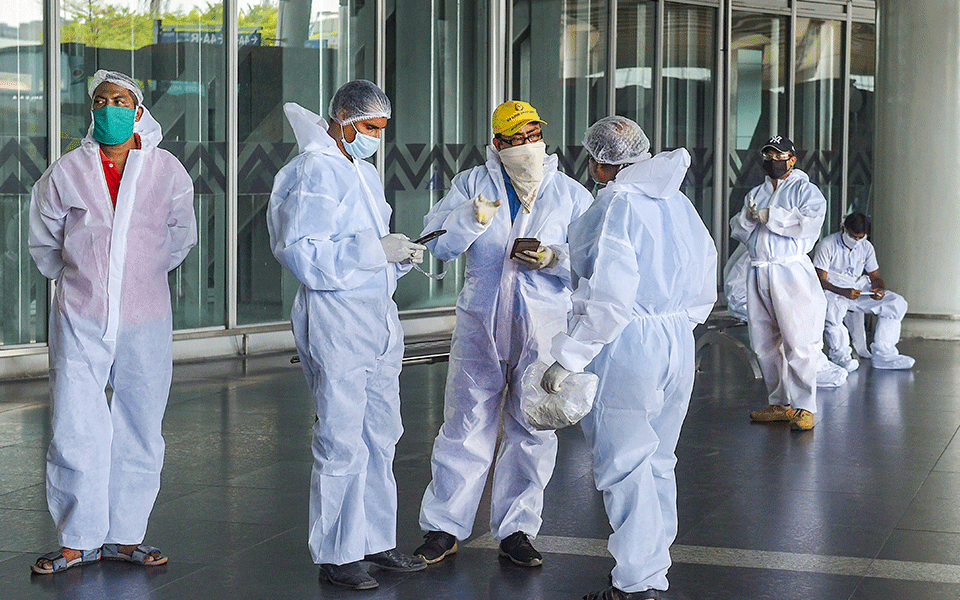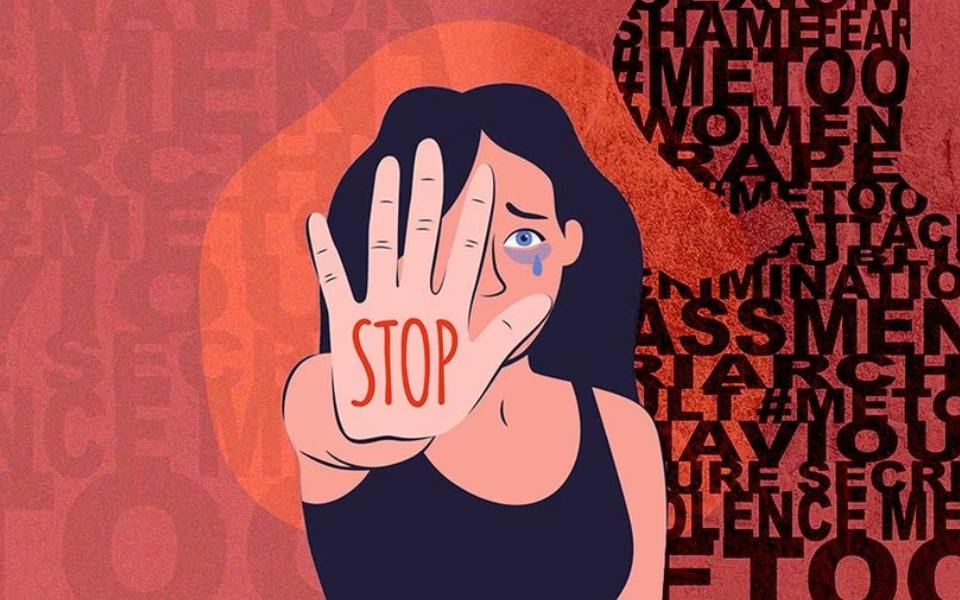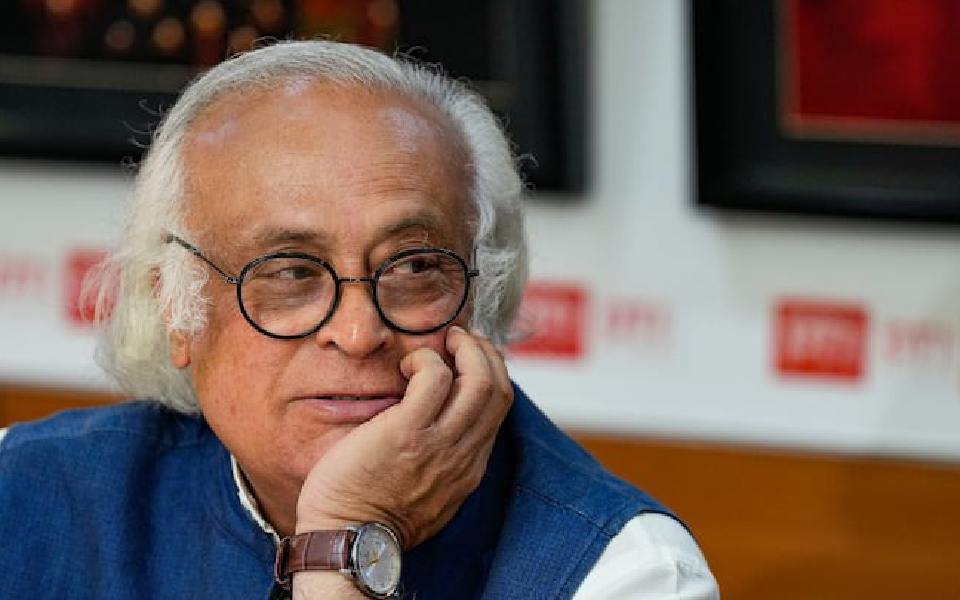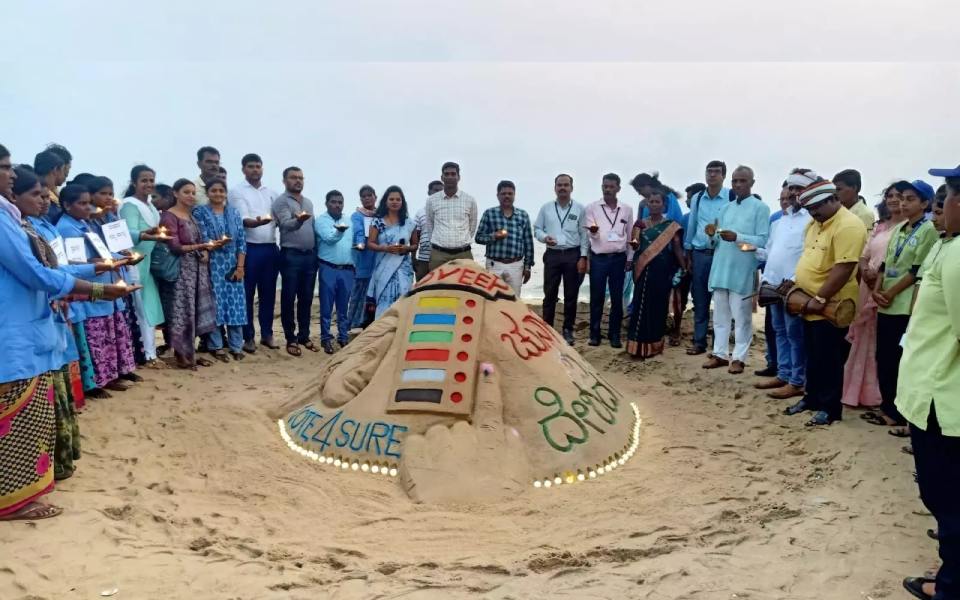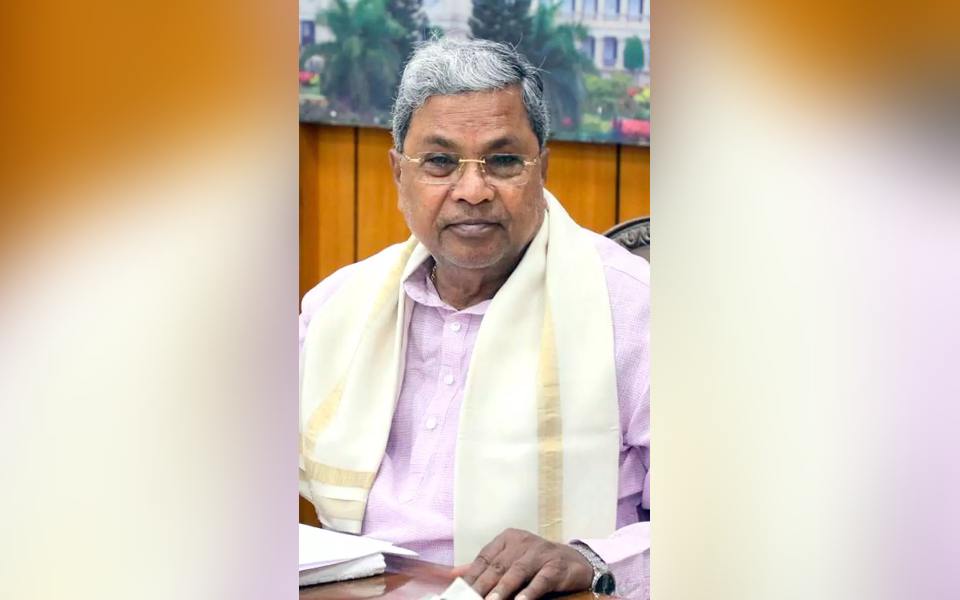New Delhi: India's COVID-19 caseload crossed 1.06 crore with a total of 15,223 infections being reported in a day, while the recoveries have surged to 1,02,65,706, according to the Union health Ministry data updated on Thursday.
The total cases have increased to 1,06,10,883. The death toll mounted to 1,52,869 with 151 daily new fatalities, the data updated at 8 am showed.
The number of people who have recuperated from the disease surged to 1,02,65,706 pushing the national COVID-19 recovery rate of 96.75 per cent.The COVID-19 case fatality rate stands at 1.44 per cent.
The COVID-19 active caseload remained below 2 lakh.There are 1,92,308 active coronavirus infections in the country which comprises 1.81 per cent of the total caseload, the data stated.
India's COVID-19 tally had crossed the 20-lakh mark on August 7, 30 lakh on August 23, 40 lakh on September 5 and 50 lakh on September 16.It went past 60 lakh on September 28, 70 lakh on October 11, crossed 80 lakh on October 29, 90 lakh on November 20 and surpassed the one-crore mark on December 19.
According to the ICMR, 18,93,47,782 samples have been tested up to January 20 with 7,80,835 samples being tested on Wednesday.
Let the Truth be known. If you read VB and like VB, please be a VB Supporter and Help us deliver the Truth to one and all.
Prime Minister Narendra Modi invoked “Nari Shakti” during the ‘Azadi Ka Amrit Mahotsav’ in 2022. Now, Bahutva Karnataka in collaboration with Naveddu Nilladiddare Karnataka, has announced the release of "Nari Shakti: Myth and Reality", a report on the status of women under the Modi government.
"Nari Shakti: Myth and Reality" looks into the status of women in India over the past decade, focusing on five primary areas: violence against women, women’s rights, dignity and agency, economic empowerment, social empowerment, and political representation. Drawing upon credible data, including government sources, the report examines the ground realities faced by women against the backdrop of the prevailing rhetoric.
“The objective of the report is to use this information to hold those in power accountable and to inform public opinion as they make an informed choice in the ongoing general elections. Bahutva Karnataka in collaboration with Naveddu Nilladiddare Karnataka encourages all parties, in power or otherwise, to take note of these report cards and respond to the same,” the report added.
The report notes with concern that crimes against women and sexual violence have increased in the last decade. Analysing fund usage under the Nirbhaya Fund, a critical initiative for improving women’s safety, the report highlights how key schemes have been underfunded, undermining women’s security in India. The report also presents concrete instances of violence against women. Despite its public utterances regarding women’s safety, the Government has not only refrained from condemning the violence, remaining mute spectators as in the case of Manipur, but in many instances, it appears to have condoned the violence, especially when the accused have been political leaders from their own party or the victims have been from minority or Dalit communities.
“Various new laws such as UCC, Triple Talaq, Criminal Laws, Anti-conversion Laws seem to be driven by motives other than that of gender justice and and some of them are becoming tools that can be used to legitimize moral policing by vigilante groups and the State while infantilizing women and depriving them of any agency,” the report notes.
“The performance of the government on the front of “economic empowerment” too has proved to be abysmal the reports states. Analysing data related to female LFPR (Labour Force Participation Rate) and employment generating schemes like MNREGA and NRLM or schemes for financial inclusion like Pradhan Mantri Dhan Jan Yojana and Mudra it seems clear that none of these have led to any substantial degree of economic empowerment for the rural and urban power women. On the other hand it is clear that unorganized/informal work areas dominated by women like that of ASHA workers continues to be devalued and undervalued by casting it within the framework of care work, domestic work and voluntary work,” it added.
The report analyses through the gender lens some of the flagship schemes introduced as part of the BJP’s commitment to “Women’s Empowerment and Welfare”. One primary finding is that the big picture seems to be missing in several of these schemes such as SBA, PMUY, and PMMY where the metrics being quoted as signs of success do not give an honest representation of the scheme’s impact or success. Looking at CAG and other related reports the report concludes that while the media advocacy on the issues have undoubtedly yielded some favourable results in terms of improved sex ratios this seems to have fed more into image building of the government at the cost of long term structural and institutional transformations in the lives of the women who are supposed to be the “beneficiaries” of the schemes.
Finally the report examines the performance of the Government on the issue of political empowerment looking particularly at the Women’s Reservation Bill apart from the ways in which women in politics are treated. The report concludes that while the Women’s Reservation Bill might seek to guarantee women’s equal and fair representation in politics at some imaginary point in the future, what is lacking in the present is the political will to establish institutional arrangements and an inclusive climate that will enable women across communities to act independently without depending on tokenism and patriarchal patronage.
The speakers who responded to the report included: Diana Kh, a concerned activist from Manipur who spoke about what is happening to women from diverse communities in the context of an ongoing conflict and the Centre’s frightening indifference, Nasreen Mithai from the BMMA spoke about how the ruling party projected itself as the savior of Muslim women appropriating their efforts to bring about transformation from within even while it continued to target Muslim women and men; Vijayakumari a former ASHA worker spoke about the immense contribution of the “voluntary” health workers to rural health and especially during the COVID crisis who still continue to struggle for basic education and health for their own children K.S. Vimala from AIDWA, India who spoke about the history of women’s struggle for political empowerment and how they felt totally totally short changed by the Ruling party on the women’s reservation Bill that is problematic at so many different levels.

